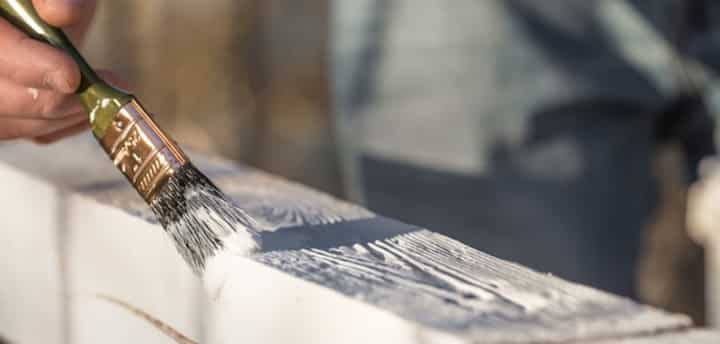
Enhance Your Foundation with Expert Soil Stabilization Services
When it comes to maintaining the integrity of a building, the foundation is undoubtedly one of the most crucial components. Over time, various factors such as erosion, poor drainage, and natural soil shifting can compromise the stability of this vital structure. Soil stabilization services offer a reliable solution to these challenges, ensuring the longevity and safety of residential and commercial properties. This article delves into the importance of soil stabilization, the methods used, and how expert services can enhance your foundation's stability.
Understanding Soil Stabilization
Soil stabilization refers to the process of altering soil properties to improve its strength and durability. This enhancement is essential for creating a solid base for construction projects, preventing issues like foundation settling or cracking. The need for stabilization arises due to various factors, including:
- Natural soil composition and its inherent weaknesses.
- Environmental factors such as water infiltration and erosion.
- Human activities like construction and landscaping that disrupt soil structure.
Read more about this topic here.
Methods of Soil Stabilization
Mechanical Stabilization
Mechanical stabilization involves physically altering the soil's structure to improve its load-bearing capacity. This can be achieved through:
- Compaction: Using heavy machinery to compact the soil, reducing air gaps and increasing density.
- Reinforcement: Integrating materials like geotextiles or geogrids to provide additional support.
Learn more in this detailed guide here.
Chemical Stabilization
Chemical stabilization involves adding materials to the soil to enhance its properties. Common methods include:
- Lime Stabilization: Adding lime to clay soils to improve strength and reduce plasticity.
- Cement Stabilization: Mixing cement with soil to increase its load-bearing capacity and water resistance.
- Polymer Stabilization: Using polymers to bind soil particles, improving cohesion and durability.
Explore further insights here.
Benefits of Professional Soil Stabilization Services
Enlisting expert soil stabilization services can provide numerous benefits, including:
- Improved Foundation Stability: Ensures the foundation remains level and free from cracks or shifts.
- Enhanced Load-Bearing Capacity: Supports heavier structures, reducing the risk of settling.
- Increased Durability: Extends the lifespan of construction projects by mitigating soil-related issues.
- Cost Efficiency: Prevents costly repairs and maintenance by addressing soil problems proactively.
Find additional information here.
Choosing the Right Soil Stabilization Technique
Selecting the appropriate soil stabilization technique depends on several factors, including soil type, environmental conditions, and the specific requirements of the construction project. A thorough assessment by professionals is essential to determine the most effective method. Key considerations include:
- Soil Composition: Understanding the soil's natural properties to tailor the stabilization approach.
- Project Needs: Evaluating the load requirements and environmental conditions.
- Budget Constraints: Balancing cost with the desired outcomes and longevity of the stabilization.
Learn more about choosing the right technique here.
Conclusion
The stability and safety of any structure heavily depend on its foundation, which, in turn, relies on the integrity of the underlying soil. Expert soil stabilization services offer a strategic approach to reinforcing this vital component, ensuring peace of mind for property owners and builders alike. By understanding the various methods and benefits of soil stabilization, and choosing the right technique for each unique situation, individuals can significantly enhance the durability and safety of their constructions. For further details on soil stabilization and foundation services, find additional information here.